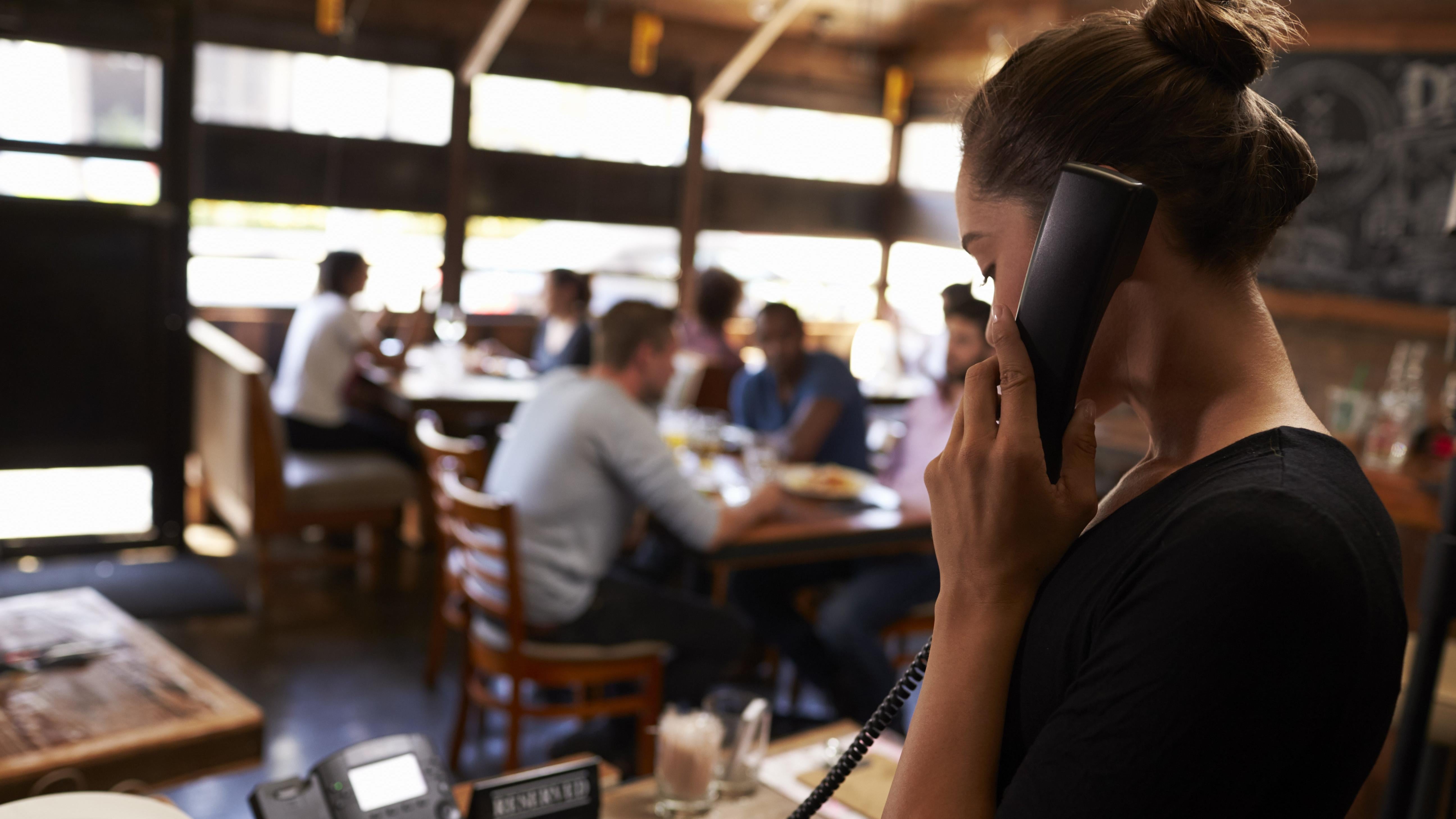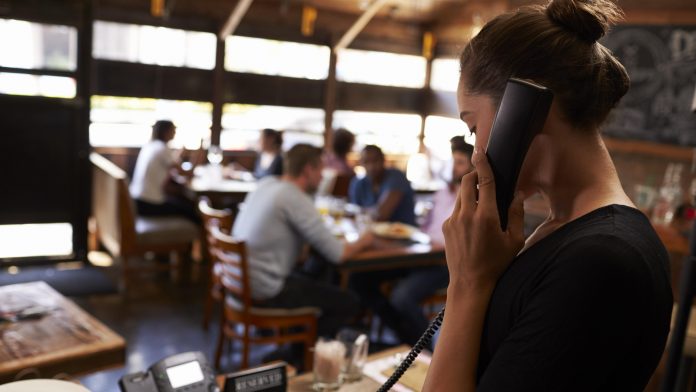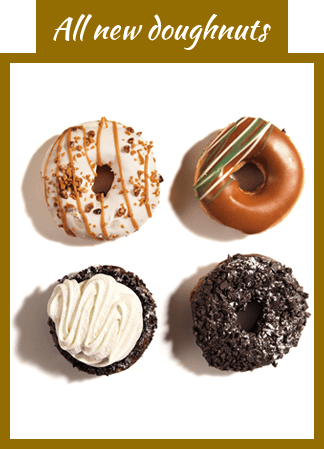
Making a reservation for dinner might seem antiquated to you — a thing your elders did for special occasions. But there are some pretty good reasons to do it beyond the obvious fact that you won’t hungrily stand around in a foyer smelling everyone else’s delicious food. It’s not just about convenience for you (although that is a pretty big part of it) — here are the other reasons you should make a reservation whenever possible, especially now that it’s easier than ever to do so.
Reservations save you wait time
When you have a reservation, you obviously have priority over people who don’t. Sure, you might not always be in a position to make one if you’re just roaming around looking for a place to eat, but even if you just call ahead a half an hour or so, you stand a better chance of getting in and getting fed sooner.
“The main reason to make a reservation is to ensure you will be accommodated when you wish to go,” said Bill Gilroy, owner of New York eateries Employees Only, Macao, and Belle Reve. “Also, there is the benefit of not having to wait on line to get in. Dinner reservations are given priority. When full, everyone else — walk-ins and bar patrons — must wait on line.”
But there are other reasons.
Making reservations is more respectful for hospitality staff
Making reservations helps a restaurant’s staff figure out how the night will go, giving them the opportunity to delegate tables of certain sizes to suitable servers and prepare in advance for big parties. This can be great for you because if they know you’re rolling in at a certain time with a set number of people, they’ll be ready for you. Again, you save time. But it’s not all about you: This makes their lives and jobs much easier than trying to guess how many people will be in the establishment at a given time.
“Technically, a reservation is a contract between both parties and it benefits both sides considerably,” said Antonio Masiello, manager of Manhattan’s Gnoccheria. “First, it allows the restaurant and the floor management to design an efficient layout considering the number of guests per reservation, and also provides insights for specific requests, i.e. corner seatings, booth seatings, bar seatings, and so forth.”
He also added that this helps restaurants determine what needs to be purchased and prepared to make sure there’s enough stock for any kind of order, which is especially important at finer places that serve homemade, complex dishes.
Making reservations is wildly easy these days
Making a reservation is so simple now. It was always easy-ish to call up a place and let them know over the phone that you’d like to come in at a certain time, but a lot can get lost in translation across phone lines and some people have more social anxiety around calls than others.
Like so many other mundane tasks in life, smartphone apps have simplified the process of securing a reservation and made it easy to get all the details correct. Use OpenTable or Resy, for instance, to identify whether the place you want to go even takes reservations in the first place or find a spot that has an available table when you want to go eat. Then, you just mark down how many people will be there with you and stake out your spot. You don’t have to call anyone, there’s no room for error or miscommunication, you can edit your reservation if your plans change, and the event can even be automatically added to your phone’s calendar, which will tell you what time you have to leave to make it on time.
Some restaurants do require a nonrefundable deposit to secure reservations. The apps make that easy, too — much easier than giving your credit card information over a call, certainly. But why do they do that? Well…
Reservation etiquette
Although making reservations is time-saving, respectful, and easy, and you should always try to do it when a restaurant accepts them, don’t become a menace about it. Don’t make a reservation you don’t plan to commit to or do it just in case you do feel like going at that time. Only make one if you’re going to show up on time and with the amount of people you said you were bringing.
“Unfortunately, people on busy nights, like the weekends, will make numerous reservations at various places and then not call to cancel after choosing one or none,” Gilroy said. “Also, patrons will make dinner reservations to get in (there are no drink reservations) and then, once in, choose not to take the table or, when seated, order a few apps. Thus, the waiter is screwed on the size of the check.”
If your goal is to save time and be respectful, making too many reservations is not the answer.
When should you make a reservation?
Make a reservation any time, honestly. There is no downside, except you may have to rush to get there on time if you’re on a tight schedule that day. Even then, use your app or call the restaurant to give them a heads-up (and never forget to cancel if you really can’t make it).
Other than that, always make a reservation for celebrations like birthdays or anniversaries, dates, or big gatherings. Never leave your ability to get into a restaurant on an important occasion up to chance; no one wants to kick their birthday party off by spending an hour on some uncomfortable banquet seats in a lobby.
Plus, a reservation gives you a chance to tip off staff to any special occasions that might require, as Masiello put it, “a little topping,” like a birthday candle or private space.
“Overall, it’s a win-win situation: You tell us it is your partner’s birthday on the reservation’s note, and we will deliver an exquisite experience and a memorable celebration.”











